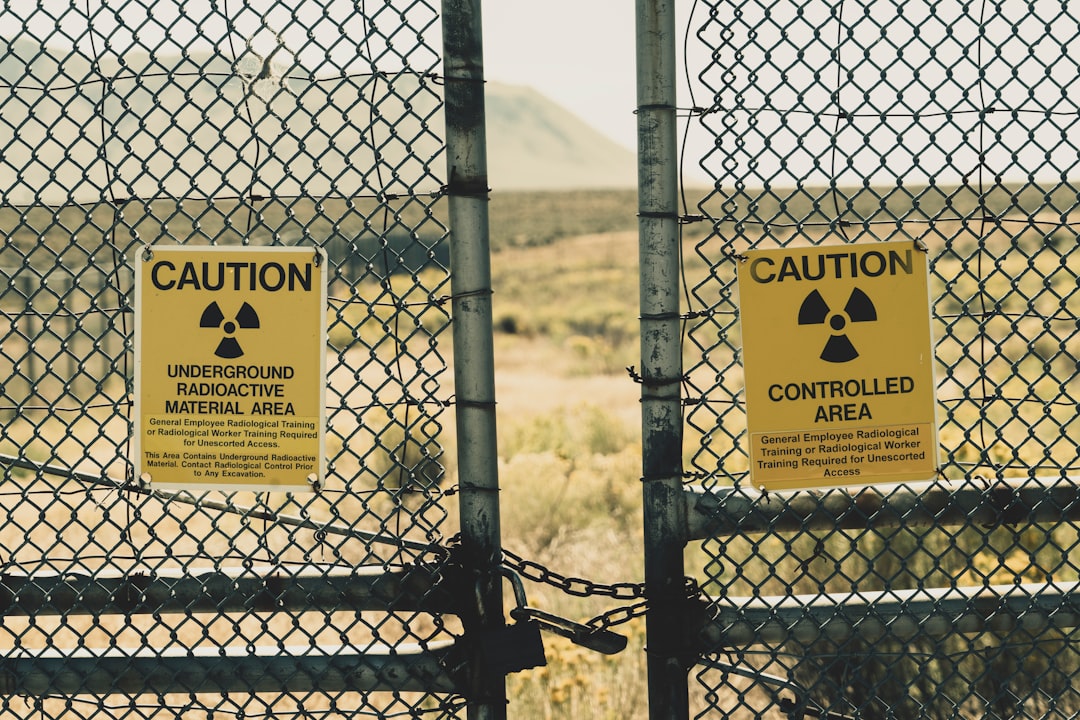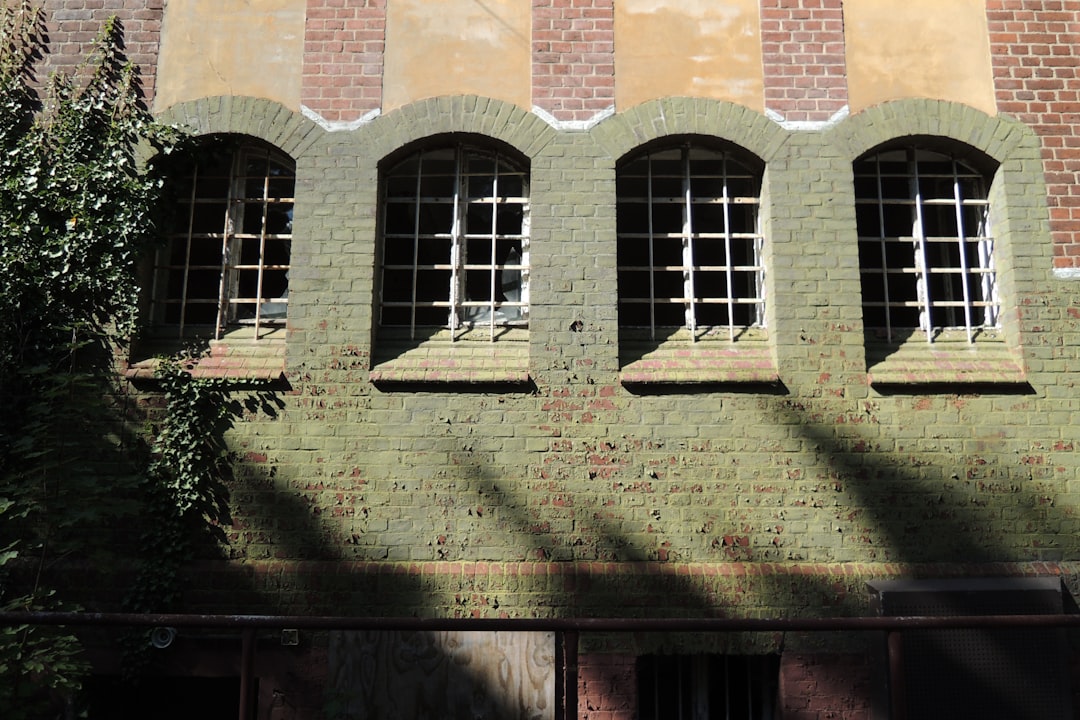What is it about?
This paper revisits the question of intellectual input into non-ruling communist parties. It looks at the categories and remits of intellectuals identified in this multiple historical case-study. Its main focus is the actions of high profile actors at regional and local levels, and the effects of their actions on the federations at issue and on their memberships.
Featured Image
Why is it important?
This paper provides a clear picture of the role of communist intellectuals at all levels of two regional party structures, in contexts far removed from national centres of power and initiative. In addition, by examining this key indicator of communist party culture, it highlights astonishing differences that existed between the two largest and most important of the Western communist parties at this time.
Perspectives
Exploring party culture in this way was extremely interesting for me personally, and also highly informative. I spent a lot of time with the informants, in interviews, but also in informal and semi-formal contexts over the course of a number of field trips to each case-location. I hope that the reader will think that that has allowed me to make an in-depth analysis of the subject in question, and one which moves our understanding forward in key ways.
Dr Fiona Haig
University of Portsmouth
Read the Original
This page is a summary of: The Role and Relevance of Intellectuals vis-à-vis the French and Italian Communist Parties in the Early Post-war Period. A Regional Grassroots Study, The International History Review, June 2017, Taylor & Francis,
DOI: 10.1080/07075332.2017.1334688.
You can read the full text:
Contributors
The following have contributed to this page










